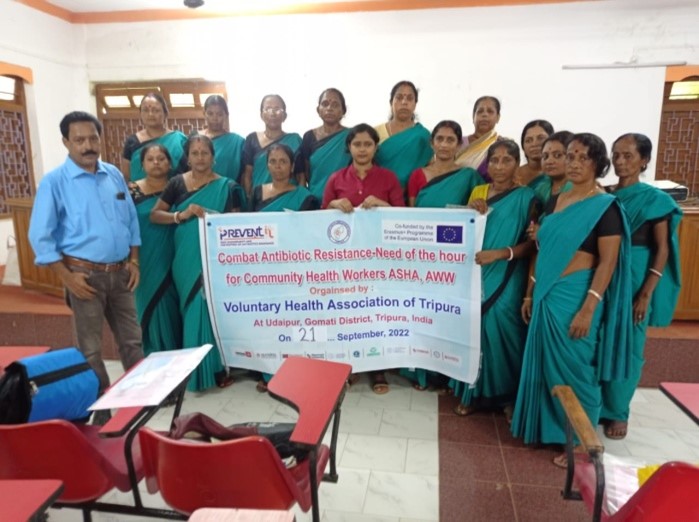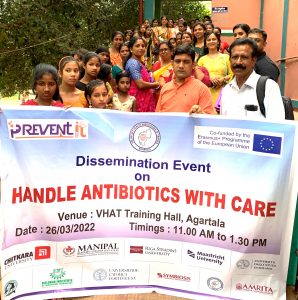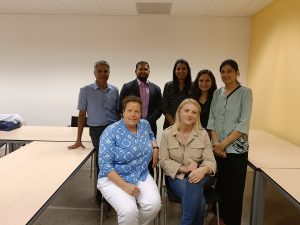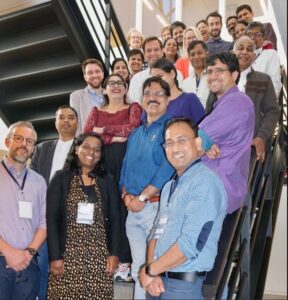It is a well-known fact that an empowered community influences the social, cultural, and economic areas of society. Local community empowerment enables people to take control over their decisions and factors that shape their lives.
The Voluntary Health Association of Tripura (VHAT), a partner non-governmental organization of Prevent It Project hosted a 4 days workshop on “Awareness Building & Sensitization on ABR including Combat Antibiotic Resistance” at Udaipur, Gomati District from Sep 19th to Sep 22nd. The key aim of the event was to aware the women SHGs, ASHA, AWW workers, students UG/PG and NGOs about the global health concern of Antibiotic Resistance.
The event was inaugurated by Mr. Sujit Ghosh and Jyotirmoy Majumder wherein a fair idea about the project ‘Risk management and prevention of Antibiotics Resistance (ABR)’ and its purpose was given to all the participants.
The technical session began with the expert talk by Dr. Poulami Acharjee. In the session, she explained to the participants about Antibiotics and ABR in a simple way and also explained the mechanism of Antibiotic resistance. Followed by more discussion on the importance and need to break the ABR spread in humans, animals, plants and thus, environment. She also emphasized on the harmful effects of ABR by sharing some examples of ABR in animal sector, plant sector and environment. She discussed about the ongoing ‘Red line Campaign’ in India, where it is compulsory to put a 5mm thick red vertical line on packaging of prescription, only drugs to sensitize people.
Following this, Mr. Joydeep Bhusan took the session on the overall impact of ABR on human, animal and plant health. He shared several examples to make the audience understand the negative impact of ABR. For instance, the cost and out of pocket expenditure involved in the use of second- and third-line treatments in hospitals which can further harm the individuals by causing serious side effects, such as organ failure, and prolonged care and recovery, sometimes for months. He said ABR is rising to dangerously high levels in all parts of the world and on global level, nearly 700,000 people die every year because of drug resistant infections. He has given an overview on how the new resistance mechanisms are emerging and spreading globally, threatening our ability to treat common infectious diseases and in the coming decades, this numbers can increase up to 10,000,000 by the year 2050 if the ABR is not tackled now. He emphasised without urgent action, we are heading for a post-antibiotic era, in which common infections and minor injuries can result in death of the patient.
To access the agenda of the event, please click here!







